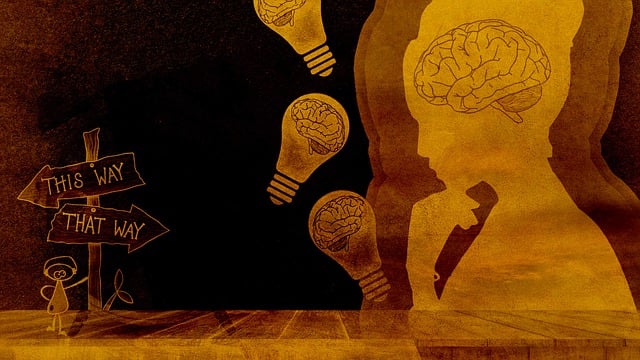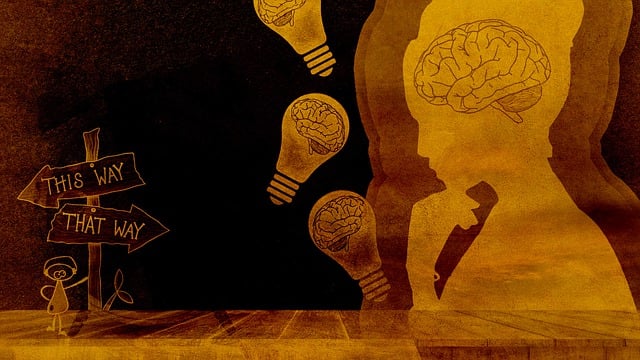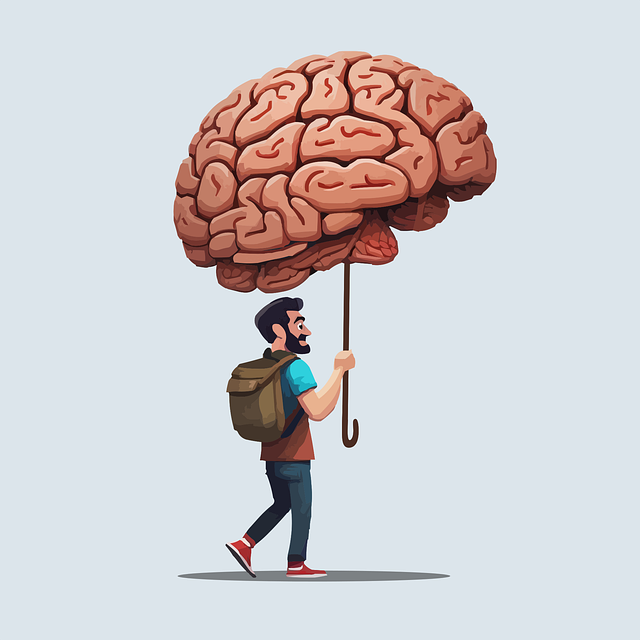Westminster Developmental Disability Therapy emphasizes the significance of mood regulation in improving the well-being and daily functioning of individuals with developmental disabilities. They address prevalent mood disorders like depression and anxiety through tailored interventions, focusing on self-awareness and coping skills via mental health education and techniques such as mental wellness journaling and Mind Over Matter principles. Leveraging Cognitive-Behavioral Techniques (CBT), they empower clients to manage emotions effectively by identifying and transforming negative thought patterns. Mindfulness and relaxation practices, along with environmental modifications and social support, are key strategies highlighted for mood stabilization, aligning with research and policy advocacy.
Mood regulation strategies are vital for individuals with developmental disabilities, offering tools to navigate and manage emotional states. This comprehensive guide explores various techniques, from cognitive-behavioral therapies that empower emotion control to mindfulness practices fostering calm and relaxation. Additionally, we delve into the impact of environmental adjustments and social support networks on mood stabilization. Discover how Westminster Developmental Disability Therapy leverages these strategies for holistic well-being.
- Understanding Mood Regulation and its Significance for Developmental Disabilities
- Cognitive-Behavioral Techniques for Emotion Management
- The Role of Mindfulness and Relaxation Strategies
- Environmental Modifications and Social Support in Mood Stabilization
Understanding Mood Regulation and its Significance for Developmental Disabilities

Understanding mood regulation is paramount when addressing developmental disabilities, as it significantly impacts an individual’s overall well-being and daily functioning. Mood disorders, such as depression or anxiety, can be prevalent among people with developmental disabilities, often presenting unique challenges in assessment and treatment. Westminster Developmental Disability Therapy emphasizes the importance of early intervention and tailored strategies to manage and improve mood regulation.
The integration of mental health education programs designed specifically for this population is crucial. These programs can empower individuals with self-awareness and coping skills, fostering a sense of control over their emotions. Mental wellness journaling exercises, guided by therapeutic support, offer a creative outlet for expression and reflection, while Mind Over Matter principles encourage positive thinking and resilience. By implementing these strategies, Westminster Developmental Disability Therapy aims to enhance the lives of those with developmental disabilities, promoting better mental health outcomes and overall quality of life.
Cognitive-Behavioral Techniques for Emotion Management

Cognitive-Behavioral Techniques (CBT) are powerful tools within Westminster Developmental Disability Therapy for managing and regulating emotions effectively. This therapeutic approach focuses on identifying and changing negative thought patterns and behaviors that contribute to emotional distress. By modifying these cognitive processes, individuals can gain a better understanding of their emotions and learn healthier ways to respond to them.
For example, CBT encourages the practice of self-care as a form of emotion regulation. This involves setting boundaries, engaging in regular physical activity, maintaining a balanced diet, and practicing mindfulness or relaxation techniques. Additionally, mental health professionals often emphasize the importance of confidence boosting strategies, which can enhance an individual’s ability to navigate challenging emotional situations. A comprehensive risk assessment is crucial to ensure these techniques are tailored to each person’s unique needs, fostering a more supportive and beneficial therapeutic environment.
The Role of Mindfulness and Relaxation Strategies

Mindfulness and relaxation strategies play a pivotal role in mood regulation, especially for individuals navigating developmental disabilities or mental health challenges. Techniques such as meditation, deep breathing exercises, and progressive muscle relaxation help to calm the mind and body, reducing stress and anxiety levels. These practices have been shown to be particularly effective in depression prevention and mood management, according to research from Westminster Developmental Disability Therapy.
By incorporating mindfulness into daily routines, individuals can enhance their mental wellness and emotional resilience. For instance, a simple Mental Wellness Journaling Exercise Guidance can involve reflecting on thoughts and emotions throughout the day without judgment. This practice encourages self-awareness and provides an outlet for processing difficult feelings, ultimately contributing to better overall mental health.
Environmental Modifications and Social Support in Mood Stabilization

Environmental Modifications and Social Support play a pivotal role in mood stabilization, particularly for individuals with developmental disabilities as highlighted by Westminster Developmental Disability Therapy. Creating a soothing and supportive environment can significantly impact an individual’s emotional well-being. Simple adjustments like reducing sensory overload through careful lighting and sound management, or incorporating preferred items and familiar routines, can help regulate mood and promote calmness.
Social support is another critical component in mood stabilization strategies. Encouraging individuals to build strong social connections and fostering an environment of understanding and empathy can be highly beneficial. This aspect aligns with the broader context of Mental Health Policy Analysis and Advocacy, where promoting supportive communities and risk management planning for mental health professionals is essential for effective long-term mental health care. Effective support networks can provide anxiety relief, a sense of belonging, and coping strategies to navigate emotional challenges, ultimately contributing to better mood regulation.
Mood regulation strategies, such as cognitive-behavioral techniques, mindfulness practices, environmental adjustments, and social support, play a pivotal role in managing emotions for individuals with developmental disabilities. By employing these evidence-based approaches, Westminster Developmental Disability Therapy can empower individuals to navigate their emotional landscape more effectively, fostering resilience and improved quality of life. This holistic approach not only addresses the symptoms but also promotes overall well-being, enabling folks to thrive in their personal environments.














